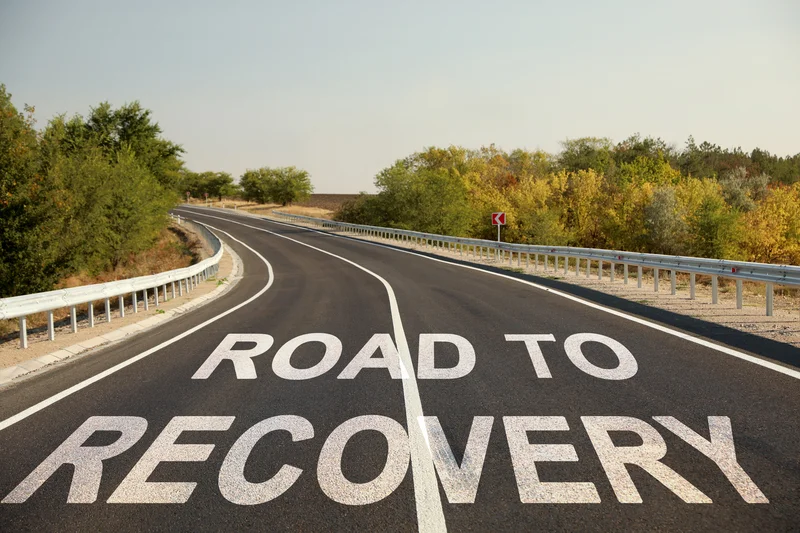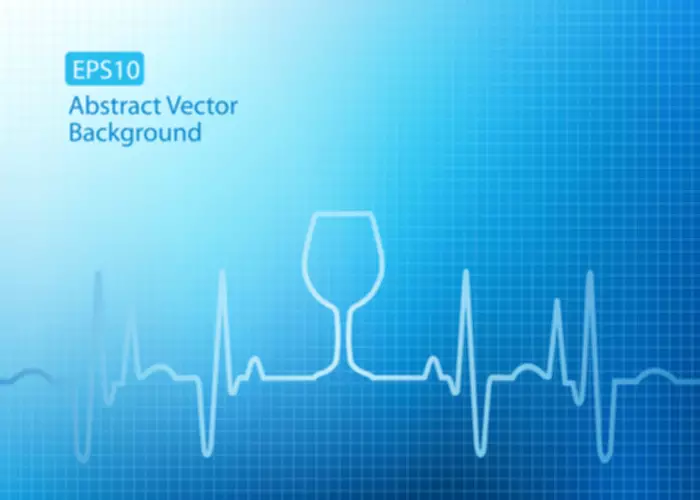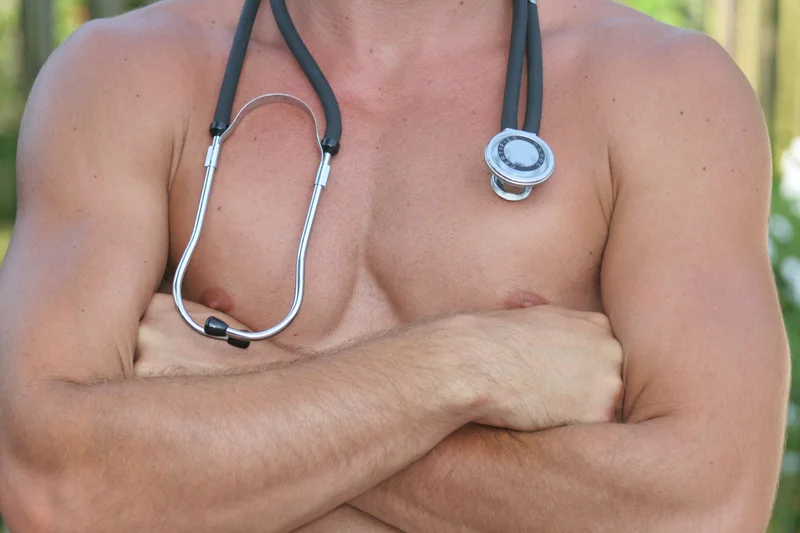
Heavy drinkers usually have tell-tale signs; they often look red-faced or puffy with bags under their eyes. I have a number of patients who come to me on anti-acid drugs, antidepressants and blood pressure lowering drugs, but when they stop drinking they don’t need any of them. Very often, people presenting to general practitioners with common conditions will not tell their doctor they are drinking two bottles of wine a day. A small May 2019 study in the Journal of the American Heart Association found that energy drinks significantly increased blood pressure and is a risk factor for an irregular heartbeat. After a few hours, alcohol raises epinephrine levels — the stress hormone that increases heart rate — so you might have frequent nighttime awakenings, according to Harvard Health Publishing.
- So, giving up alcohol can help your skin to look more hydrated and glowing.
- Your sleeping pattern tends to improve because alcohol is a sedative, but it has a very short half-life.
- People may notice they have more energy, so sexual function can be improved by stopping drinking.
- You can feel better, decrease your risk of diseases, think more clearly, save money and even improve your relationships.
The first few days:

People with ulcers or gastroesophageal reflux disease (GERD) should speak with a healthcare provider about whether they should limit or avoid caffeine. Quitting caffeine may free you up from the drive to satisfy your caffeine craving and restore a sense of calm. It increases motor activity and has arousal and reinforcing effects similar to, but not nearly as strong as, those of cocaine and amphetamine. That’s why some people feel irritable or can’t https://ecosoberhouse.com/ function without a strong morning brew.
Healthier Teeth
Most of the time, someone’s mild to moderate alcohol withdrawal symptoms will clear up after a few days. However, severe cases of alcohol withdrawal can last much longer, and someone may require medical supervision while they detox. Depending on whether you’re a light or heavy drinker, your strategy around cutting back will be different. “For a light drinker, you don’t really need to taper,” says Dr. Mosquera. Light drinkers tend to be mostly spared from the effects on the liver, but for heavy drinkers, the liver becomes inflamed, which can be dangerous over time,” says Dr. Mosquera. That said, your liver has to work hard to process and filter alcohol, no matter the quantity.
- Our articles are for informational purposes only and not a substitute for professional medical advice, diagnosis, or treatment.
- If imbibing one or two drinks every now and then slowly becomes a daily routine, expect the number on your scale to creep up as well.
- To make things even more complicated, caffeine can also be used to treat headaches says the American Migraine Foundation.
- It may be difficult for heavy caffeine users to cut back on the amount they are accustomed to without negatively impacting their mood.
Alcohol withdrawal symptoms
Try an herbal tea in the morning if you like the ritual of a warm drink to start your day. Mild withdrawal symptoms may last a few days, while more severe symptoms can last a week or longer. When you choose to quit alcohol, you’re making an empowering and liberating decision to free yourself from alcohol and live life on your terms. This choice will open the door to a healthier lifestyle, improved mental health, and personal growth.
You May Have Trouble Sleeping
Removing coffee/caffeine from my diet not only made me more relaxed, I also poop like a king. Those who are prone to anxiety or depression may find that caffeine makes their condition worse. Caffeine has been shown to exacerbate certain psychiatric conditions. It can cause increased irritability, hostility, and anxious behavior. Caffeinated beverages like coffee, tea, and soda can alter estrogen levels. Being addicted to coffee, energy drinks, or soda creates inconvenience in our lives since we must have the drug to function normally.

Either way, whether you’re fully committing to an alcohol-free lifestyle or just testing the waters, here are some tips to help you cut back or cut it out entirely. After one week without alcohol, your risk of seizures is much less. Also, your risk of developing cardiovascular disease will start to decrease. Alcohol can increase your blood pressure and make your heart work harder. In the coming weeks, your liver will also begin to repair itself. After three days, you will likely start alcoholism to feel more like yourself.
Slower Skin Aging

With the right nutritional and lifestyle strategies, you can minimize the symptoms of post-acute withdrawal syndrome (PAWS). This condition affects a majority of alcoholics because brain chemical balance does not return automatically once drinking stops. If your withdrawal symptoms were mild, pause to realize that you’re ahead of the curve. These symptoms don’t disappear or get better if you repeat them in the future. I wish someone had told me about kindling before I decided to drink and withdraw, again and again. But I never read anything about the biochemistry of alcohol tolerance, kindling, or the withdrawal timeline.
Different addictions influence each other
- Quitting caffeine may also lower your blood pressure and reduce your heart rate – although other studies have shown little change.
- This is because caffeine is acidic in nature which makes the enamel that covers your teeth to wear off.
- In addition to medication, comprehensive alcohol withdrawal treatment often includes support from substance abuse treatment programs.
- In other words, combining caffeine and alcohol may mask some of the alcohol’s depressant effects.
- This can be especially true if you consume caffeine less than six hours before heading to bed.
- “There’s a high correlation between alcohol use disorder and other mental disorders, including depression and anxiety,” McGrath explains.
Just one grande Salted Caramel Mocha from Starbucks serves up 470 calories and 59 grams of sugar. That’s more added sugar than the average person should get over two whole days. It’s not surprising then that swapping sugary drinks for decaf alternatives, like unsweetened herbal tea, is likely to bring weight loss. If you’re struggling, Denovo Recovery offers the guidance and support you what happens when you stop drinking alcohol need. At Sequoia Behavioral Health, we understand how intimidating it can be to take the first steps toward sobriety. That’s why our mental health experts are here to guide you along your healing journey and teach you how to live a life that’s free from the constraints of alcohol.

Health experts reveal what happens to your body when you stop drinking coffee

Support groups help individuals build healthy social networks for continued sobriety. Inpatient treatment centers provide round-the-clock support with group and individual therapy, offering a structured recovery environment. Effectively managing alcohol withdrawal symptoms requires various coping strategies. A strong social network offers essential support, increasing the chances of staying alcohol-free.
Individuals with alcohol dependence risk life-threatening symptoms, including seizures and fatalities, without professional oversight. Detoxing alone can be dangerous, underscoring the need for professional supervision. Due to the risk of severe symptoms, such as seizures that can start around 12 hours and worsen by 48 hours, medical supervision is essential during this phase.
